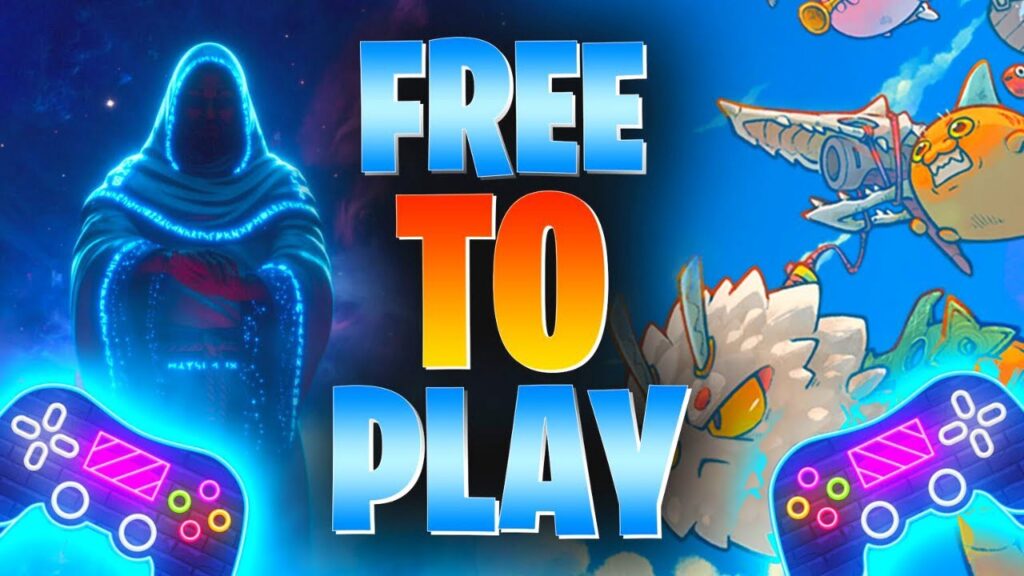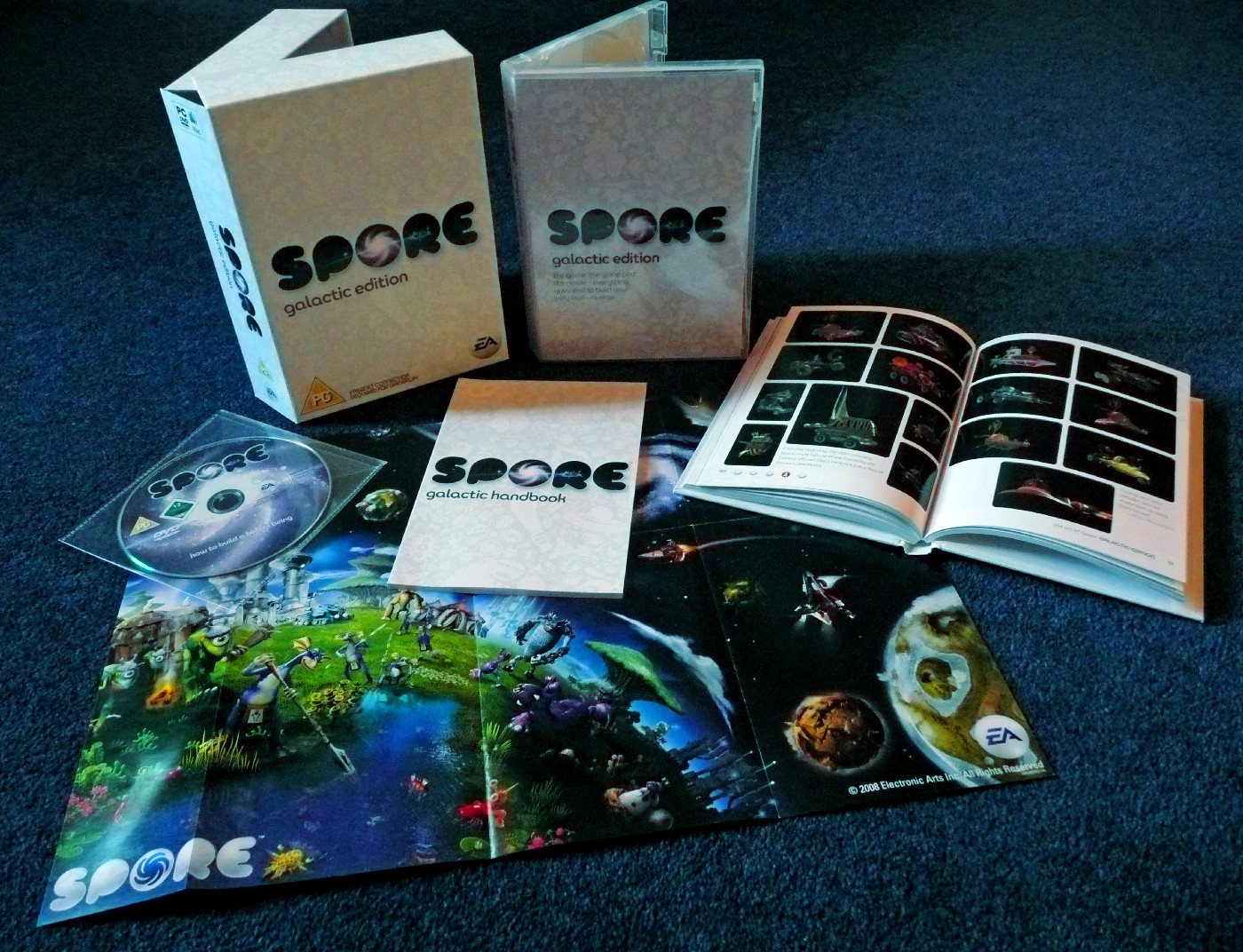Introduction
The gaming world is undergoing a revolutionary transformation. NFT games are changing how players interact with digital content, offering opportunities that extend beyond simple entertainment. Unlike traditional games, NFT-based gaming integrates blockchain technology, giving players true ownership of digital assets, financial incentives through play-to-earn models, and entry into new digital economies.
In this article, we explore the key differences between NFT games and traditional games, the benefits and risks of blockchain gaming, and what the future holds for this rapidly evolving industry.
What Are NFT Games?
NFT games are video games that utilize non-fungible tokens (NFTs) to represent in-game assets. These tokens are unique, blockchain-verified items that players can own, trade, or sell outside the game.
Key features of NFT games:
- Digital Ownership: Players truly own their characters, items, and virtual assets.
- Interoperability: NFTs can sometimes be used across multiple games or platforms.
- Play-to-Earn (P2E) Opportunities: Players can earn cryptocurrency or NFTs by completing tasks or participating in the game.
Traditional games, in contrast, keep ownership centralized. Players may spend hundreds of hours or even money on items, but they do not legally own them. Once a game server shuts down or a developer ceases support, those assets can vanish.
See more: NFT Gaming for Beginners: A Step-by-Step Guide to Getting Started
How Blockchain Powers NFT Games
Blockchain technology is the backbone of NFT games. Here’s how it works:
- Ownership and Provenance: Every NFT is stored on a blockchain, proving ownership and the asset’s history.
- Transparency: Transactions are recorded on public ledgers, making it nearly impossible to counterfeit assets.
- Smart Contracts: Automated agreements allow for secure trading, in-game purchases, and revenue sharing.
This technology empowers blockchain gaming, allowing players to participate in virtual economies and monetize their gameplay in ways that traditional gaming cannot.
Benefits of NFT Gaming
NFT gaming introduces several innovative advantages over traditional gaming:
1. Play-to-Earn Opportunities
Players can earn real-world value through cryptocurrencies or NFTs. Popular games like Axie Infinity have allowed players to generate a sustainable income, especially in regions where traditional employment is limited.
2. True Digital Ownership
Unlike traditional games, NFT games allow players to own in-game assets fully. These can be traded, sold, or even used across multiple platforms, fostering a sense of investment and long-term engagement.

3. Interoperability and Innovation
Some NFT games allow assets to move across different ecosystems, creating a shared gaming universe. This level of interoperability is impossible in traditional gaming, which locks content into proprietary systems.
4. Community-Driven Economies
NFT games often encourage community participation, from governance votes in decentralized gaming platforms to collaborative content creation, fostering a player-first ecosystem.
Popular NFT Games and Platforms
Here are a few standout platforms driving the NFT gaming revolution:
- Axie Infinity: A Pokémon-inspired game where players breed, battle, and trade NFT creatures.
- Decentraland: A virtual world where players buy, sell, and build digital real estate.
- The Sandbox: A creative platform allowing players to design, own, and monetize virtual experiences.
- Illuvium: An open-world RPG game blending NFTs with decentralized finance (DeFi) elements.
These platforms highlight the diverse possibilities of blockchain gaming, from virtual real estate to collectible assets and play-to-earn economies.
Risks and Controversies
Despite the benefits, NFT gaming comes with challenges:
- Market Volatility: Cryptocurrency prices can fluctuate dramatically, affecting asset value.
- Scams and Fraud: Unscrupulous developers or marketplaces may deceive players, leading to financial loss.
- Environmental Impact: Proof-of-work blockchain networks consume significant energy, raising sustainability concerns.
- Regulatory Uncertainty: Different countries have varying legal stances on NFTs, crypto gaming, and taxation.
Players must engage in responsible use of NFT games, carefully evaluating risks before investing significant time or money.
NFT Games vs Traditional Games: Core Differences
| Feature | NFT Games | Traditional Games |
|---|---|---|
| Asset Ownership | Player owns NFTs | Developer retains ownership |
| Monetization | Play-to-earn | Limited to in-game purchases |
| Interoperability | Cross-platform use possible | Assets locked in-game |
| Transparency | Blockchain ledger | Proprietary servers |
| Community Governance | Often player-driven | Limited influence |
These differences showcase how NFT gaming benefits extend beyond entertainment, creating financial opportunities and digital empowerment for players.
The Future of NFT Gaming
NFT gaming is poised to expand as blockchain technology and the metaverse mature. Possible trends include:
- Integration with Virtual Reality (VR): Fully immersive NFT metaverse experiences.
- Decentralized Game Economies: Players participating in governance and revenue sharing.
- Cross-Platform Asset Use: NFTs functioning across multiple games, apps, or even social media platforms.
- Partnerships with Traditional Gaming Companies: Mainstream adoption could bridge traditional and blockchain gaming worlds.
As digital ownership and play-to-earn models gain traction, NFT games may redefine how we perceive value and engagement in virtual environments.
Conclusion
NFT games are more than just a trend—they represent a paradigm shift in gaming, emphasizing ownership, financial opportunity, and interoperability. While risks exist, the potential for digital economies, play-to-earn rewards, and cross-platform experiences is enormous.
Traditional games remain popular, but the rise of NFT games shows that the future of gaming is increasingly player-driven, decentralized, and financially rewarding. Gamers, investors, and tech enthusiasts should watch this space closely.

